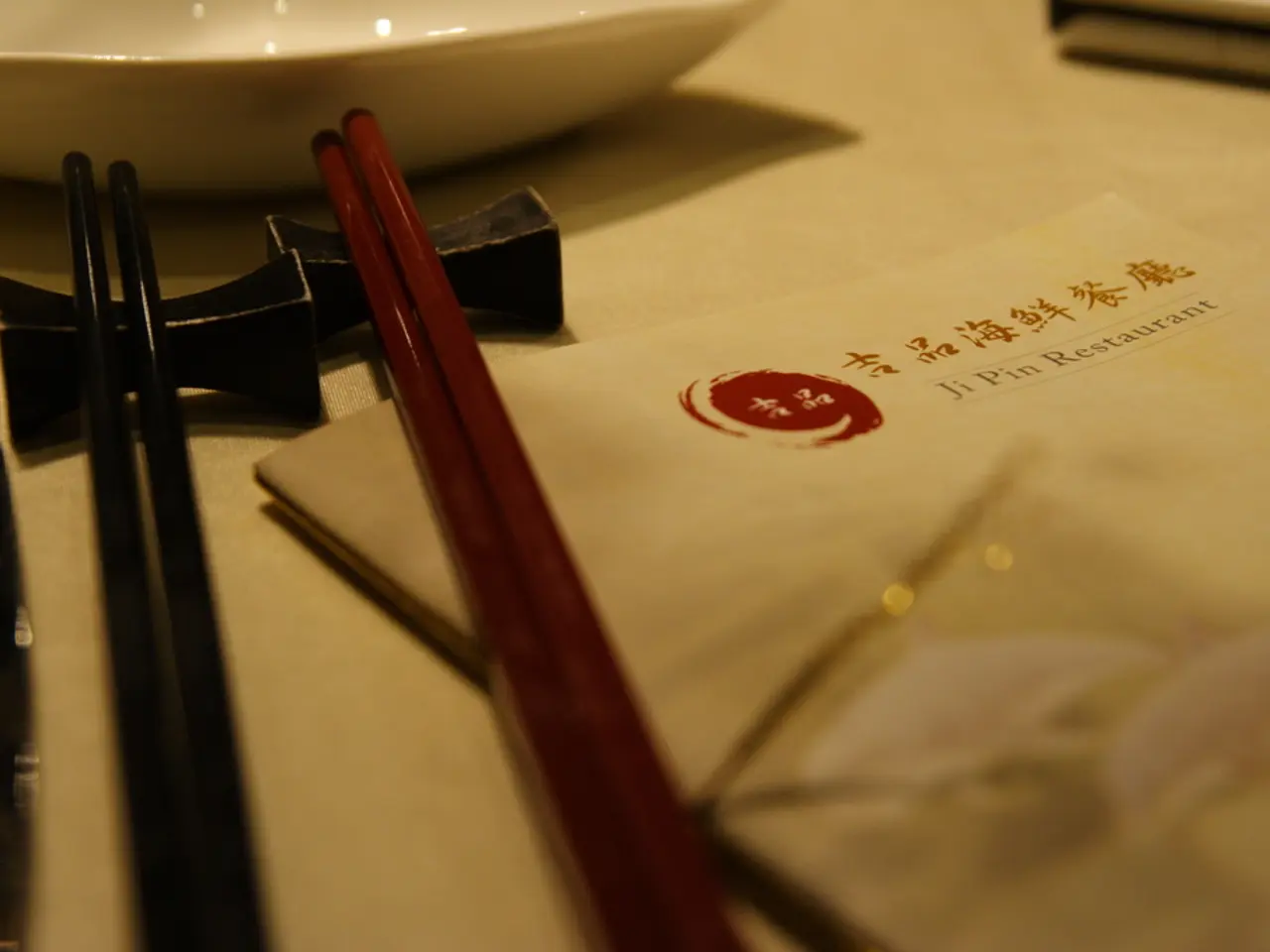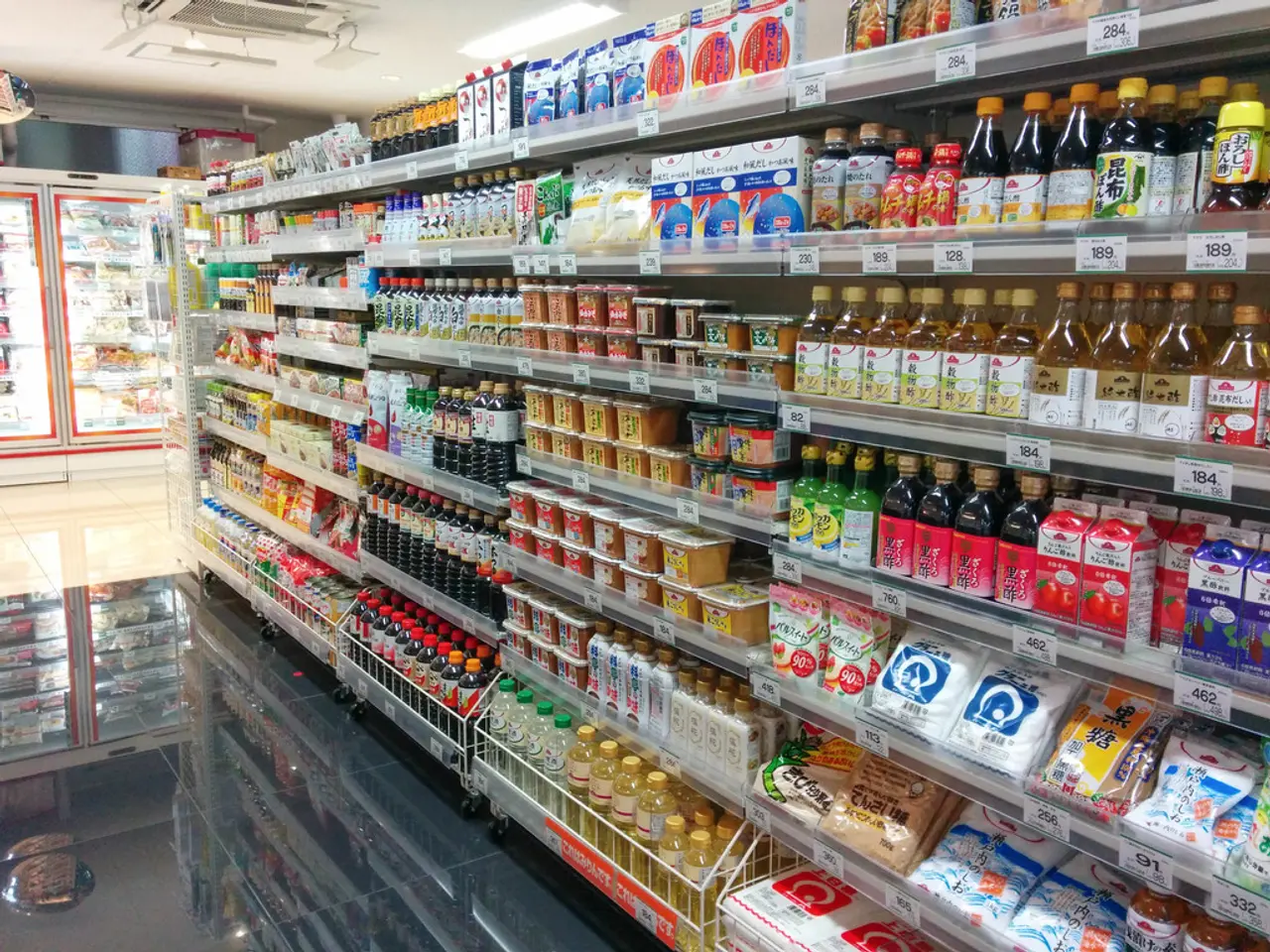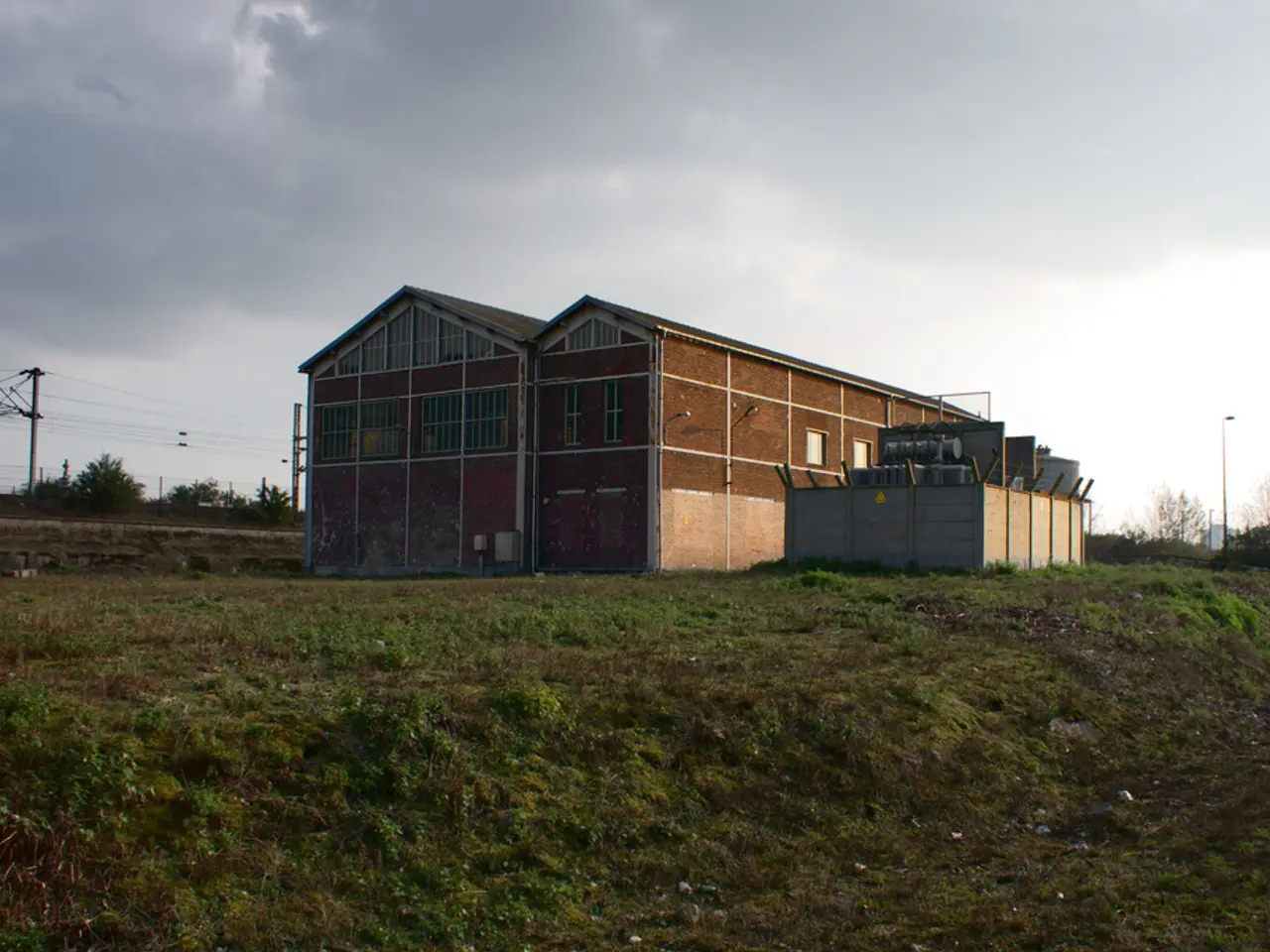Government sets aside 200 billion Baht in soft loans for export businesses affected by US tariffs
In a bid to counter the impact of proposed US import tariffs, the Thai government has announced a 200-billion-baht soft loan package to support exporters affected by the punitive measures. The announcement was made by Pichai Chunhavajira, Deputy Prime Minister and Finance Minister of Thailand, at the Roundtable: The Art of The (Re)Deal event.
The activation of the relief package is contingent on the final US tariff decision. The Thai government is currently negotiating for a lower rate on the proposed 36% US tariff, a move aimed at preserving the competitiveness of Thai exports and protecting domestic industries.
Thailand is resistant to the US demand to lower tariffs on agricultural products, particularly pork, chicken, and beef, due to concerns about undermining domestic industries. The Thai government plans to reduce tariffs on 90% of US products to open markets, but it is unwilling to slash all tariffs on US goods.
Commercial banks will be able to borrow the soft loans at a highly concessional rate of just 0.01%, enabling them to pass on the benefits to affected exporters. Medium and large Thai enterprises will be eligible for the support from the soft loan package.
The financial support is part of a broader relief effort to counter the effects of import tariffs proposed by the administration of former US President Donald Trump. Pichai mentioned that one-third of the Thai exports contributing to last year's US$30-billion trade surplus were produced by American companies in Thailand.
To further support its case, the Thai government will encourage these American companies to lobby Washington on Thailand's behalf to reconsider or reduce the proposed import tariffs. The relief measures are not limited to Thai companies but may also include US firms affected by the US tariffs.
Exporters impacted by the proposed duties are advised to contact the Federation of Thai Industries for targeted and effective government response. The 200-billion-baht soft loan fund will be sourced from state-owned banks, including the Government Savings Bank, the Bank for Agriculture and Agricultural Cooperatives, and the Export-Import Bank of Thailand.
The current negotiations between Thailand and the United States regarding the proposed 36% import tariff on Thai products are under significant pressure, with the tariff set to take effect on August 1, 2025. If negotiations fail, Thailand faces the imposition of the 36% tariff, which could severely impact its economy by making exports less competitive and deterring foreign investment.
The high tariff could lead to a significant decline in Thai exports and economic growth, potentially causing Thailand to be "left behind" in regional trade. The importation of cheaper US agricultural products could threaten Thai farmers, especially in the pork industry, with estimated market losses of 112.33 billion baht.
However, if negotiations result in a reduced tariff rate, Thailand could negotiate a reduced tariff rate by offering significant concessions, potentially aligning closer to the 25% target suggested as more competitive. Alternatively, Thailand might propose a gradual reduction in tariffs, starting with rates similar to those of Vietnam and Indonesia, while assessing what it can realistically offer.
Sources: [1] BBC News, "Thailand faces US tariffs on pork, beef and chicken," 2021. [2] Reuters, "Thailand faces US tariffs on Thai goods from August 2025," 2021. [3] The Nation, "US tariffs on Thai goods to take effect in 2025," 2021. [4] The Bangkok Post, "Thai exporters face $2.7bn hit from US tariffs," 2021. [5] The Straits Times, "Thailand to cut tariffs on 90% of US goods, not all," 2021.
- The Thai government is negotiating for a lower rate on the proposed 36% US tariff to preserve the competitiveness of Thai exports and protect domestic industries, particularly in the business sector, like the pork, chicken, and beef industries.
- The financial support from the soft loan package, which is part of a broader relief effort, will benefit medium and large Thai enterprises in their investing activities to counteract the impact of proposed US import tariffs.
- As part of its diplomatic efforts, the Thai government is encouraging American companies in Thailand to lobby Washington, aiming to reconsider or reduce the proposed US import tariffs that could significantly impact both Thai and US businesses.




